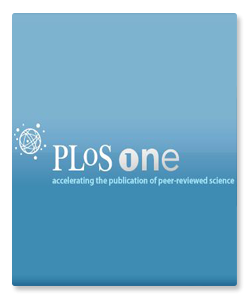 A pharmaceutical researcher is suing his postdoctoral advisor and former business partner, accusing him of publishing a paper in PLoS Biology they wrote together, and removing him as an author.
A pharmaceutical researcher is suing his postdoctoral advisor and former business partner, accusing him of publishing a paper in PLoS Biology they wrote together, and removing him as an author.
According to the complaint, Andrew Mallon and John Marshall co-founded a company, Ardane Therapeutic, to commercialize a potential therapy that Mallon discovered for Angelman Sydrome, a developmental disorder characterized by cognitive impairment and autism.
In 2011, the two, along with several other members of Marshall’s lab at Brown University, wrote and submitted a paper to Neuron (listing Mallon as the first author), which was not accepted. Shortly after submission, “Mallon and Marshall had a falling out,” the complaint says — specifically, they “disagreed about how Ardane should be operated and about the required standards of legal and ethical conduct.” Mallon left the lab and founded his own company, Calista Therapeutics.
In 2013, Marshall and his team published a paper in PLoS Biology, “Impairment of TrkB-PSD-95 Signaling in Angelman Syndrome,” that had some passages taken almost verbatim from the Neuron submission, the complaint says, but Mallon was not included as an author. According to the lawsuit:
Continue reading Former postdoc suing lab head for publishing paper he says he wrote, without his name
![]() After correcting a paper due to problematic figure panels, researchers led by high-profile biologist Olivier Voinnet have now retracted it, after “further analysis of the paper revealed flaws in the interpretation of” another figure.
After correcting a paper due to problematic figure panels, researchers led by high-profile biologist Olivier Voinnet have now retracted it, after “further analysis of the paper revealed flaws in the interpretation of” another figure. 




